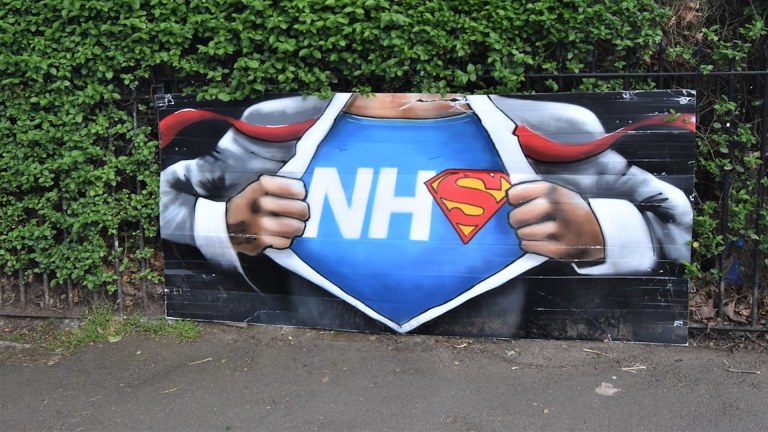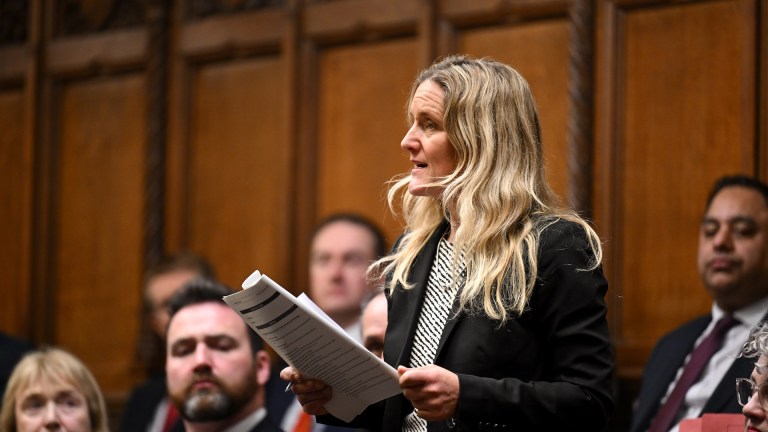It’s the Cinderella service of the NHS, subject to brutal cuts and soaring demand. The government is promising more money but those on the front line say that after decades of underfunding it’s not enough to ease the crisis. We want to hear your stories of treatment that was inadequate, hard to access or just took too long to arrive. Most importantly, we want to know how this affected your health, your recovery and your life.
Mental Health Awareness Week has been and gone, in a way that mental illness stubbornly doesn’t. Amid powerful stories of crisis, treatment and recovery, this year critics began to point this out – highlighting that the issue needs more than just a week in the spotlight.
And while the problem’s growing, the safety net of NHS care is not being cast wide enough to meet the demand. Encouraging people to open up about their suffering is vital, but the right treatment may be hard to access or even unavailable.
Reader ‘G’ contacted us to say she’s suffering with anxiety. But the first appointment she could get with a GP was a month away and a wellbeing centre had a six-week wait for a phone consultation.
“A few years back the wellbeing centre was offering different courses and group therapy,” she says. “I looked today and saw only a few webinars (that I can’t book on to before my telephone appointment). All other courses have been cut.
“I desperately want to see a therapist but can’t afford it. I don’t have £60 a session to spare. It’s Mental Health Awareness Week and I am very much aware of my mental health. I am aware I need to talk to a professional. I am aware that I can’t.”










